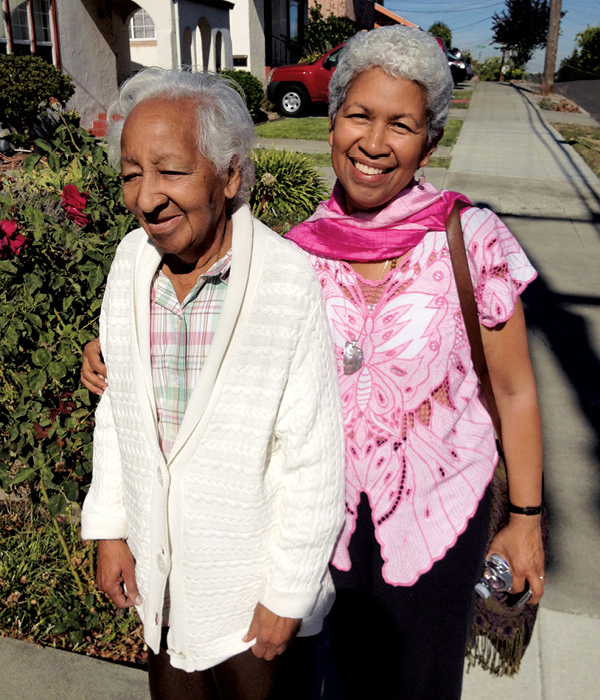
Focusing on Latinos, addressing health disparities
Latinos constitute the largest segment of the population in California. Their numbers are expected to triple by 2050 to reach a quarter of the total U.S. population. Yet, Latinos suffer health disparities in several areas, especially as they relate to aging. With the goals to encourage and support more researchers to examine these issues in Latino communities, UC Davis Health launched the Latino Aging Research Resource Center (LARRC) in 2012.
The center provides pilot funding and mentors diverse junior faculty conducting research on Latino cognitive health and aging with a vision to advance the well-being of older Latinos and their families. One of seven national NIH-funded Resource Centers for Minority Aging Research, and the only one focused on Latinos, LARRC works closely with the UC Davis Alzheimer’s Disease Center and other regional academic institutions.
“We need to identify and train a larger cadre of committed researchers if we are to advance the science and reduce cognitive health disparities for aging Latinos and their families,” says center Director Ladson Hinton, who also serves as director of geriatric psychiatry in the Department of Psychiatry and Behavioral Sciences and a researcher at the Alzheimer's Disease Center.
The center includes faculty at both the schools of medicine and nursing. Its co-directors are Heather M. Young, associate vice chancellor for nursing and founding dean of the Betty Irene Moore School of Nursing at UC Davis, and Sergio Aguilar-Gaxiola, director of the Center for Reducing Health Disparities, a part of the Clinical and Translational Science Center. The center emphasizes community engagement through mentoring to encourage people to participate in research and disseminate brain-health information to Latino communities.
“This center is different from others in the United States in that it focuses on older Latinos, an under-studied and historically underserved population with compelling evidence of disparities in access to quality health care,” Aguilar-Gaxiola says. “Its research focuses on workforce-development in California's Central Valley, an economically depressed region with the poorest health indicators in the nation. We are excited at the prospect of transforming and improving the health of older Latinos in urban and rural areas.”

